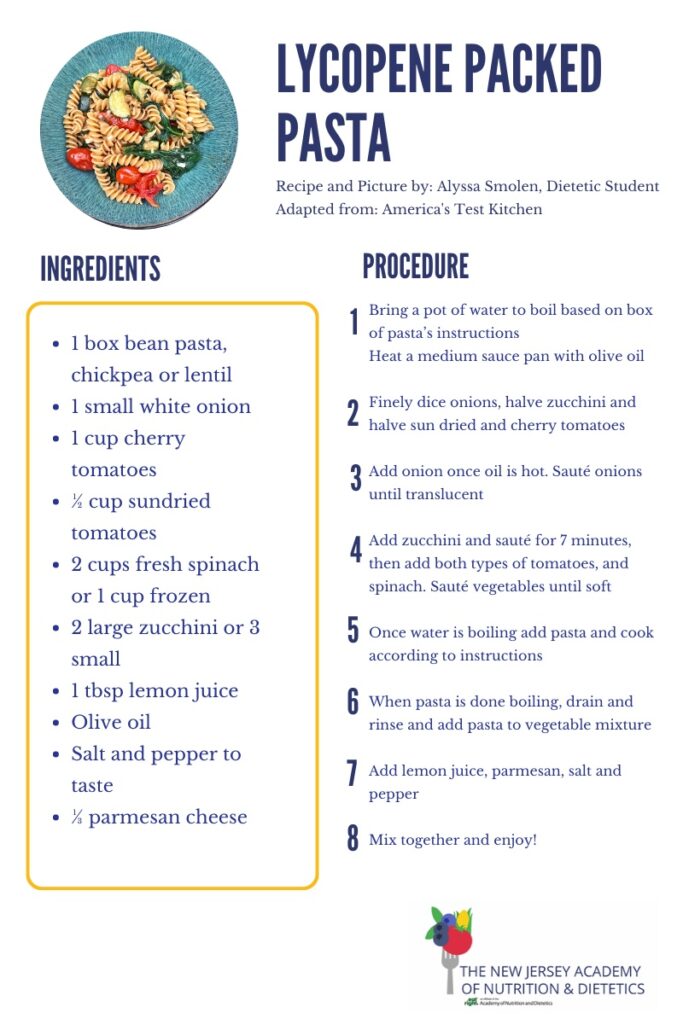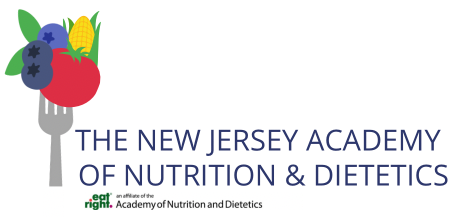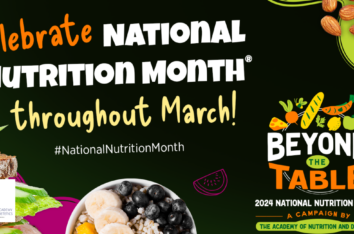Food is more than just fuel. The foods you eat can help reduce the risk of chronic disease and keep you feeling young. Consider the following tips when selecting which foods you plan to eat throughout the day.

Eating Right for Health
A healthy eating style includes a variety of foods from all the food groups. Recommendations for men include:
- Two to 2 ½ cups of fruits and 2½ to 4 cups of vegetables each day to provide adequate vitamins, minerals, dietary fiber and phytonutrients.
- Six to 10 ounce-equivalents of grains a day. Make at least half of your grains whole grains, like whole-grain bread, whole wheat cereal flakes, whole wheat pasta, brown rice or oats.
- Five and a half to 7 oz-equivalents of protein foods a day, with 8 ounces from a variety of seafood each week.
- Three cups of dairy or a calcium-fortified soy equivalent daily.
Choosing these foods helps to meet a variety of nutrient needs. For example, the 2020-2025 Dietary Guidelines for Americans recommend between 28 to 34 grams of dietary fiber per day for adult men. Fruits, vegetables, whole grains, nuts and seeds all help to meet this goal.
These foods, as well as dairy products, also help to meet potassium needs, which is a nutrient that is essential for a variety of body functions like heart, kidney and nerve health. Fish and other types of seafood provide unsaturated fatty acids and omega fatty acids which play a role in heart and brain health.
Eating for Energy
The foods we eat help power us and provide energy throughout the day. They fuel our brains to help us think as well as our bodies for physical activity. The number of calories we need each day varies depending on a number of factors, like weight, height, muscle mass and activity level. An estimated calorie range for moderately active adult males falls between 2,200 to 2,800 calories per day, depending on age.
Consider Healthful Changes
When it comes to protein foods, choose a variety of sources, including lean meat, poultry, seafood and plant-based options, like beans, peas and soy products.
Cut down on saturated fat from high fat meats, full-fat dairy products and fried foods. Instead, opt for foods with unsaturated, heart-healthy fats such as olive oil, canola oil, nuts, seeds and avocados.
Include foods high in antioxidants to reduce risk of chronic disease. Foods high in antioxidants include a variety of fruits and vegetables especially blueberries, and tomatoes. Tomatoes contain lycopene. This antioxidant plays a role in preventing cancer, heart disease and macular degeneration. Other lycopene containing foods include grapefruit, watermelon and apricots.
Try this month’s recipe Lycopene Packed Pasta.
This article adapted from eatright.org Contributors: Esther Ellis, MS, RDN, LDN
Recipe contribution from dietetic student Alyssa Smolen




